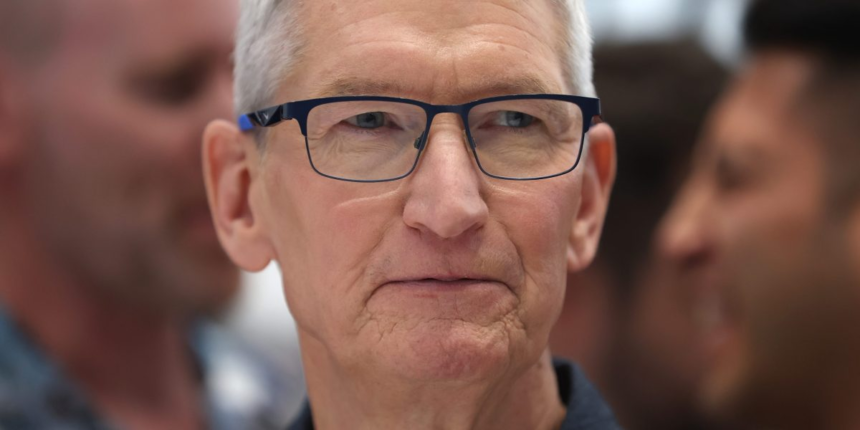While fellow tech titans are racing to put AI front and center, Apple’s WWDC presentation was notable for its near silence on the subject. “Barely no mention of AI,” Ives remarked in his latest report, calling it “the elephant in the room.” He noted this was a stark contrast to the fever pitch seen at rival developer events. Analysts, investors, and developers tuned in with expectations of a grand reveal that would clarify Apple’s ambitions for the “AI Revolution.” Instead, they watched as the company leaned on traditional strengths—hardware updates and a strong services story—leaving the future of Siri and Apple’s broader AI roadmap conspicuously vague.
This omission has become a growing concern for analysts like Ives, who believe Apple is at a crossroads. “It’s becoming crystal clear that any innovation around AI at Apple is not coming from inside the walls of Apple Park,” he wrote, referencing the company’s famed Cupertino headquarters. While Apple has historically prided itself on building transformative technology in-house, Ives argues those days may be over.
“The time has come” for a big acquisition, he wrote, singling out Perplexity as a “no brainer” acquisition target—even if it costs upwards of $40 billion. According to Ives, such a move could instantly supercharge Apple’s lagging AI platform and help reposition Siri as the “next AI gateway for consumers.”
To date, Apple’s biggest acquisition remains Beats, a $3 billion deal in 2014—an order of magnitude smaller than the types of deals transforming the AI sector today. Apple’s traditionally cautious approach to M&A, Ives suggests, may be holding it back at a time when speed is everything. “AI technology on the enterprise and consumer landscape is happening at such a rapid pace Apple will not be able to catch up with an internally built solution,” he warned. The stakes, Ives estimates, are high: A successful AI monetization strategy could add as much as $75 per share to Apple’s valuation. “We believe [CEO Tim] Cook needs to rip the band-aid off and finally do an M&A deal,” he wrote.
The muted AI narrative at WWDC comes during a broader period of transition for Apple. While demand for iPhones—a bellwether for the company—remains globally robust, with particular improvement in China after a year of tough competition, the company faces mounting headwinds. Trade tensions, evolving supply chain risks, and increasing pressure from lower-priced rivals in Asia have stressed Apple’s core markets.
For now, analysts are keeping faith with Apple’s near-term performance. Wedbush maintains its “Outperform” rating, with a 12-month price target of $270 per share, citing expected growth driven by the upcoming iPhone 17 and continued strength in services. The stock was trading at $211.27 at the time of writing. But Ives is steadfast: the next chapter—centered on AI—will define Apple’s future.
Ives is still backing Cook, with reservations. “Patience is wearing thin among investors and importantly developers,” he warned. The coming months, particularly as Apple’s product cycle heats up in September and beyond, may prove pivotal—not just for the company’s balance sheet. Ives said Wedbush believes Cook will be Apple CEO for another five years, at least, but there are mounting challenges, from the “tariff iPhone quagmire,” with Apple’s manufacturing operations in China directly exposed to trade uncertainty, to President Donald Trump’s displeasure with India as an alternate supply chain solution, to “missing the AI foundational strategy.” He concluded, “this chapter will define Cook’s legacy.”
“It’s time for Cook and Cupertino to face the new reality of this quickly morphing AI-driven tech landscape,” Ives wrote. “Because if they do not change, it will be a historic strategic black eye for Apple in our view.”
For this story, Fortune used generative AI to help with an initial draft. An editor verified the accuracy of the information before publishing.









